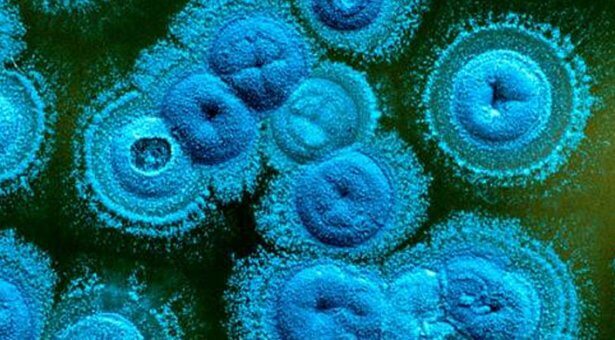Nature’s chemical toolkit

Plants and microbes produce thousands of chemicals that facilitate communication with pollinators, competitors and predators.
These chemicals also serve important functions, for example acting as chemical sunblocks, waterproofing agents, and anti-freezing agents, which allow the plant or microbe to survive in the environment.
Individual species differ enormously in the number and types of specialised chemicals they produce.
For example, different species of soil bacteria produce different types of antibiotic molecules that kill or deter competing and predatory organisms.
Different species of plants produce different coloured pigments in their petals and fruits.
Some plants produce trace amounts of toxic chemicals that can be used to treat various human cancers.
Our research has led to the discovery of chemicals that are important for both the survival of the organisms concerned and human health and wellbeing.
